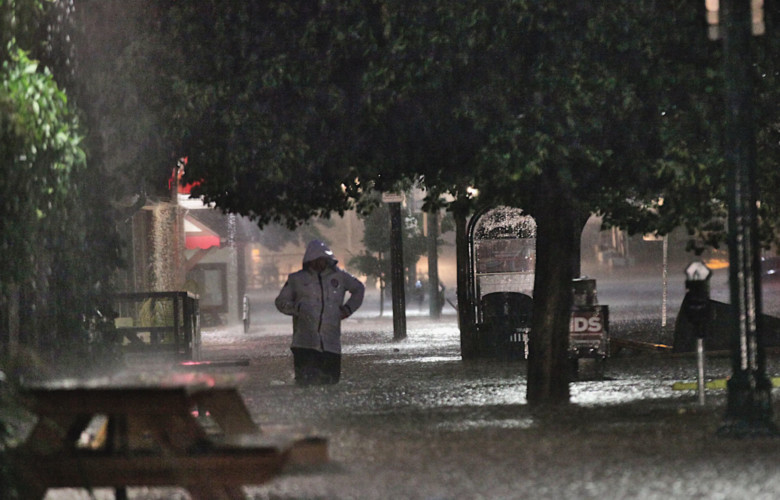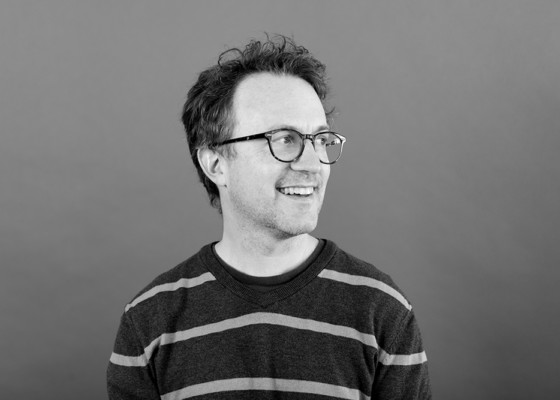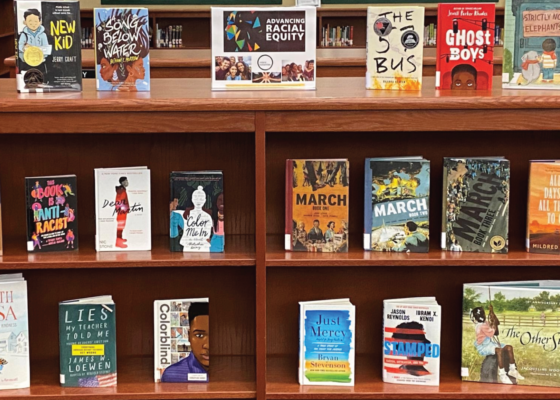Origins of How to Survive the Future
June 21, 2021Bloomington’s Alex Chambers reflects on the origins of the “How to Survive the Future” podcast.
On April 1, 2019, as the Midwest was flooding, I sat down in a conference room to defend my dissertation. I’d written about climate crisis, and how things like political borders, and private property, have made it hard for people to take care of each other. It was supposed to be about how we might survive the next century. I was supposed to be proving my expertise. But other than all of us getting better at looking around, and talking with each other, I still didn’t really have any idea.
After that last bout of grad school, I started looking at the world in new ways. I didn’t feel like I had to find my next article. I found a new sense of openness. I was less worried about the future. I mean, it still looks bad, on the climate front. But we don’t know how it’s going to turn out. The four strawberry plants in my garden of weeds keep throwing out little red pops. The sandhill cranes are migrating. Seventeen years and the cicadas came back, right on schedule. It’s still too early for despair.
And maybe I did learn some things in grad school. See, when people don’t have access to the ladders we’re all supposed to climb – education, career, savings, two parents and two kids or whatever the expectation is these days – when you can’t go through the proper doors, sometimes you just turn away. You imagine freedom in songs and stories that are, maybe, a little hard for the people in power to follow. The hardship of the past and the hope of the future collide and mix with the present. To me, that’s what the protesters were doing after the murder of George Floyd, in the summer of the pandemic. Making a new world, if only momentarily.
So I thought maybe I could find some answers, by asking other people about the future. And that’s what this show is. I’m asking people to imagine a world where they’ve made it through the challenges of the present, where they’ve faced the pain of the past, and tell me what life is like after that. Farmers, botanists, organizers, grandparents, and others, imagine how their lives, and the landscapes around them, will be different than they are now—hopefully for the better, but it’s never that simple. From the interviews, my colleague Allison Quantz and I create sound-rich “speculative documentaries” that explore real stories of the past and possible stories of the future. The stories teach us about history and society, struggles personal and political. We hope they help us remember that the state of the world, fixed and inevitable as it may seem, is always up for grabs.




